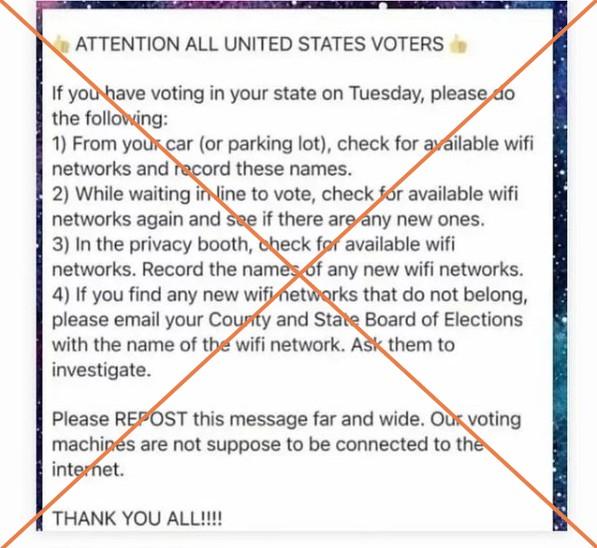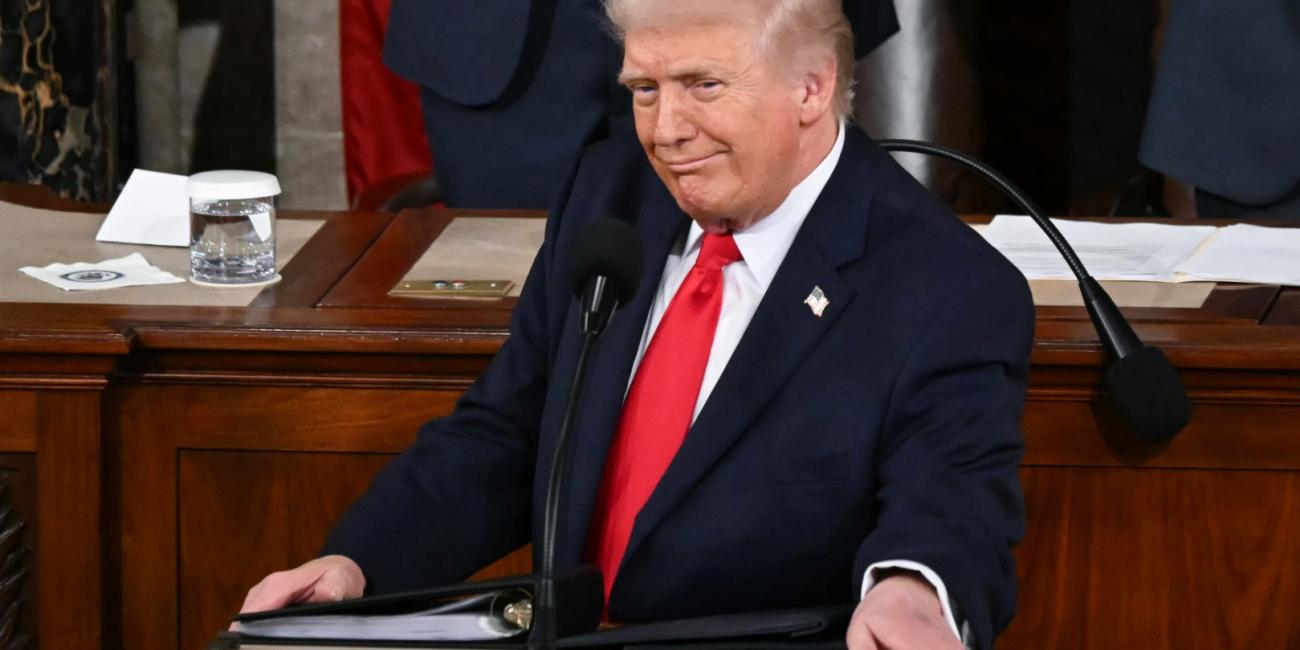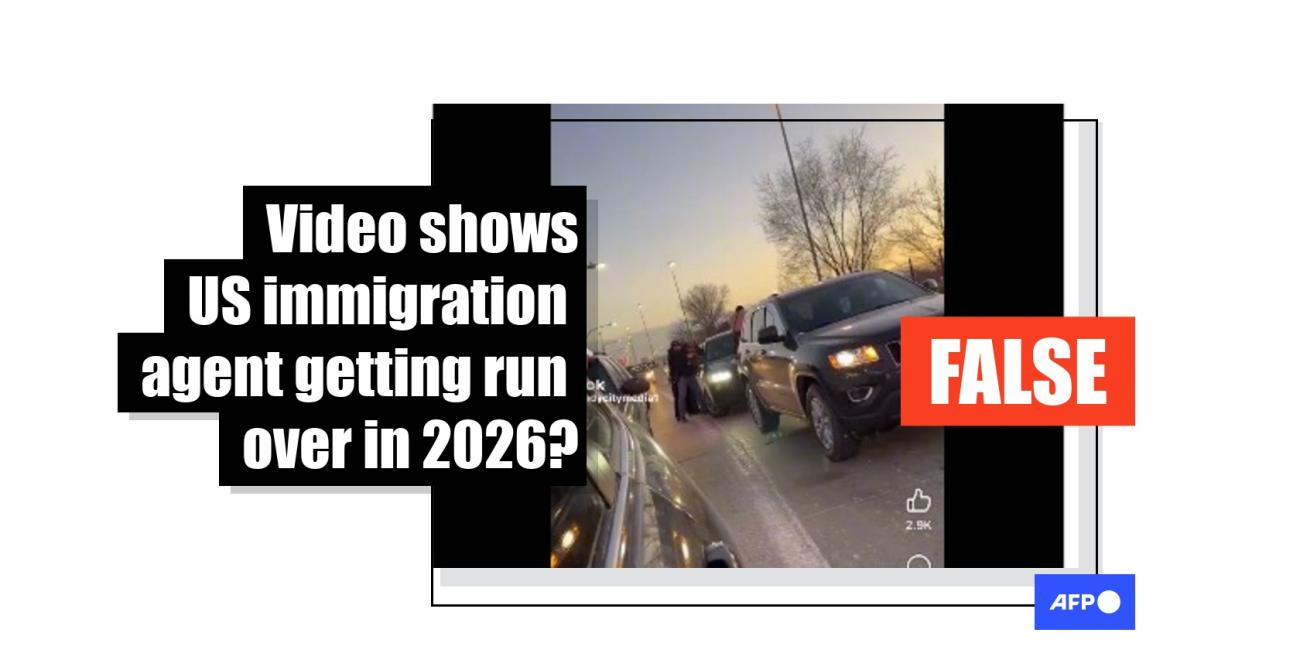
Posts mislead on Wi-Fi, voting machines
- This article is more than three years old.
- Published on November 9, 2022 at 17:33
- Updated on November 10, 2022 at 18:02
- 2 min read
- By Natalie WADE, AFP USA
"ATTENTION ALL UNITED STATES VOTERS," says a November 5, 2022 Instagram post urging people to check for Wi-Fi at polling locations on Election Day.
The post continues: "If you find any new wifi networks that do not belong, please email your County and State Board Elections with the name of the wifi network. Ask them to investigate ... Our voting machines are not suppose to be connected to the internet."

Similar calls to action circulated on Facebook and Twitter before Americans went to the polls on November 8. The posts echo false claims from the 2020 US presidential election that Wi-Fi at polling locations meant voting machines were connected to the internet and therefore susceptible to hacking.
But most voting machines do not have this capability, experts told AFP -- and a Wi-Fi connection alone is not a sign of election rigging.
"Just because there happens to be a nearby Wi-Fi network does not mean that a voting machine is connected to it. That is not how any machine would work even if it had networking capability. Polling places are public locations that are going to have Wi-Fi for lots of innocent and necessary reasons," said Damon Hewitt, president and executive director of the Lawyers' Committee for Civil Rights Under Law.
Andrew Appel, a computer science professor at Princeton University agreed. "The presence of a Wi-Fi network does not indicate that the voting machines themselves are connected to it, or even have the ability to connect to it."
He added: "Before being suspicious of a particular Wi-Fi network in a particular polling place, one should at least know, 'What model of voting machine is it?'"
Appel said some states allow for voting technology that is compatible with cellular modems, often to send unoffical election results after all voting has ended.
Katina Granger, a spokeswoman for Election Systems & Software, said: "These modems do not connect to the public internet, but rather rely on secure, private network configurations specifically designed for high-security applications."
According to Verified Voting, a non-partisan group that promotes the responsible use of technology in elections, the states that allow "modeming" or voting systems with networking configurations include: Florida, Illinois, Indiana, Iowa, Michigan, Minnesota, Rhode Island, Wisconsin and the District of Columbia.
Aurora Matthews, a Verified Voting spokesperson, called the claims online "disinformation that has the potential to create confusion for election officials and voters."
In many states, polling locations use Wi-Fi to access electronic poll books to verify voter eligibility. But such devices "are not voting equipment," Matthews said.
"They are check-in equipment, and scanners may modem results but they are not voting equipment -- so a hacker can't change votes but at most disrupt result transfer or check-in process," she said.
Other non-partisan groups, including the OSET Institute's Trust the Vote Project, also refuted the rumors on Twitter.
3] Just because there's a WiFi network, that does NOT automatically mean that a voting machine is using it. In fact, in some states, it's illegal to even have a WiFi device in a voting machine, and in other states illegal to use WiFi during voting.
— TrustTheVote® Project (@TrustTheVote) November 8, 2022
Voters can look up county voting machines here.
AFP has fact-checked other misinformation about the midterm elections here.
November 10, 2022 This story has been updated to add a quote from Damon Hewitt, president and executive director of the Lawyers' Committee for Civil Rights Under Law.
November 10, 2022 This story was corrected to remove a description of ExpressVote technology in paragraph 10.
Copyright © AFP 2017-2026. Any commercial use of this content requires a subscription. Click here to find out more.
Is there content that you would like AFP to fact-check? Get in touch.
Contact us




